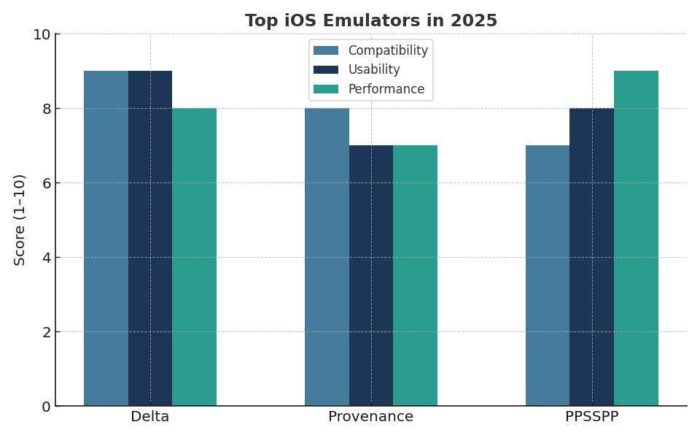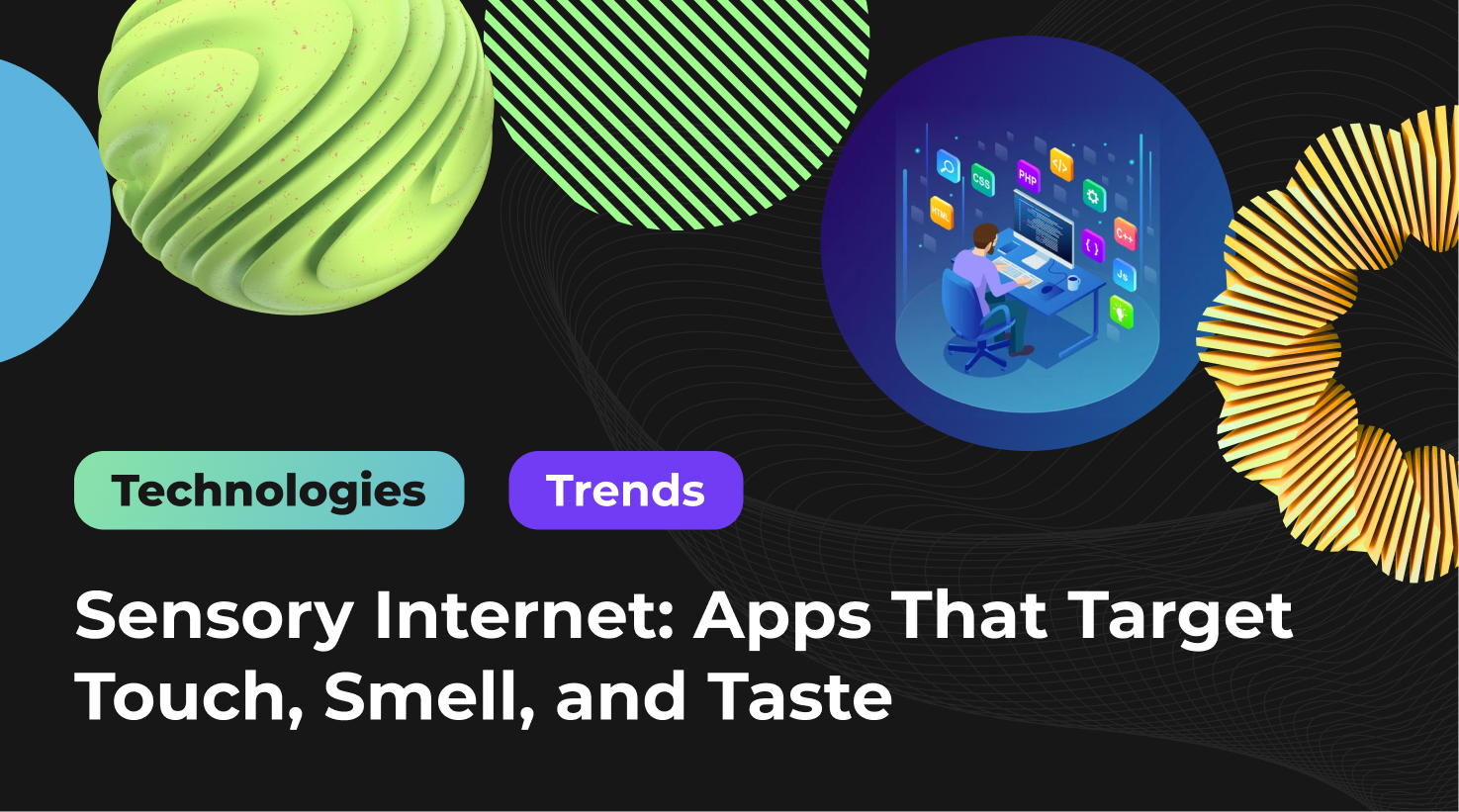As iOS app development and mobile gaming continue to surge in popularity, the need for flexible, platform-independent tools has never been greater. In 2025, iOS emulators have evolved to offer faster performance, better device compatibility, and new cloud-based testing environments. From developers looking to streamline app testing to gamers eager to run iOS titles on Windows or Android devices, the demand for reliable iOS emulation is strong.
However, legal constraints, platform limitations, and performance gaps remain significant challenges. This article explores the current state of iOS emulators in 2025, the most reliable tools on the market, and what users—whether developers or gamers—need to know before choosing an emulator.
In this guide, we explore:
- The top iOS emulators available in 2025
- Legal implications every user should understand
- What the future holds for iOS emulation
Whether you’re testing app functionality or replaying Game Boy classics, emulators like Delta, Provenance, and PPSSPP offer streamlined experiences on iOS—with many now available directly from the App Store.
QA professionals needing efficient ways to validate app performance and compatibility.
Tech-savvy gamers interested in running iOS games on PCs or other non-Apple platforms.
IT decision-makers exploring tools for improving iOS development workflows in 2025.
- iOS emulators in 2025 deliver better performance, stability, and debugging tools.
- Cloud-based emulation is gaining traction for remote teams and CI/CD pipelines.
- The best emulator depends on your goals: development, testing, or gaming.
iOS Emulators in 2025: The State of Play
The rapid growth of iOS development and mobile gaming has transformed emulators from niche tools into essential platforms for both professionals and enthusiasts. In 2025, iOS emulation has matured into a space defined by speed, accessibility, and innovation. Modern emulators deliver faster performance, broader device compatibility, and seamless cloud-based testing, making them indispensable to developers and appealing to gamers who want to run iOS titles on Windows, Android, or macOS. At the same time, the field is shaped by legal complexities and technical limitations that every user must understand before diving in.
Emulators are no longer just developer utilities. For app engineers, they replace racks of test devices with scalable software solutions. For QA teams, they reduce debugging cycles and streamline CI/CD pipelines. For gamers, they unlock classic libraries of Game Boy, PSP, and retro console titles, often with higher performance than the original hardware. Yet, across these use cases, challenges remain: copyright law, App Store restrictions, and the performance gap between simulated and physical devices.

The Leading Tools
Among the many options available, three emulators dominate in 2025. Delta has become the mainstream choice, delivering polished support for NES, SNES, N64, Game Boy, and Nintendo DS. It offers cloud save synchronization, broad controller compatibility, and full UI customization, and it is now distributed officially through the App Store — a major milestone for legitimacy. Provenance appeals to retro purists, supporting not only Nintendo systems but also Sega consoles, including Genesis and Saturn. Its attention to accuracy and expansive platform coverage make it the emulator of choice for players who want to relive multiple eras of gaming in one environment. PPSSPP, focused exclusively on the PlayStation Portable, stands out for its graphical enhancements, robust save-state system, and compatibility with the vast PSP library. Together, these tools define the emulation landscape: accessible to casual players, but powerful enough for serious users.
Legal Realities
Despite advances, the legal environment around emulation has not changed fundamentally. ROMs and BIOS files remain protected by copyright, and lawful use still requires ownership of the original software. Pirated downloads continue to expose users to legal risk and security threats. App Store policies, though softened, remain selective: Delta’s approval shows Apple’s willingness to accommodate mainstream emulators, but JIT-dependent projects such as Dolphin remain barred. Third-party stores like AltStore and Cydia provide broader access, yet introduce risks in security, warranty coverage, and compliance with Apple’s ecosystem. For professionals, the safest path remains sticking to approved tools and licensed use.
Elevating the User Experience
Performance alone does not define modern emulation. In 2025, the best experiences come from thoughtful integration of hardware and interface. External controllers — from Xbox Series X and PlayStation DualSense to MFi-certified devices — provide the responsiveness and ergonomics touchscreens cannot. Custom skins add personality while improving grip, particularly popular with streamers. Even on-screen controls have become more flexible, allowing precise adjustment of layout, size, and transparency to match individual play styles. Together, these refinements ensure that emulation is not only functional but also enjoyable.
Need help building or testing your iOS app across multiple platforms?
Contact UsBeyond Emulators
Some scenarios call for alternatives. Tools like AirDroid Cast enable mirroring of iOS screens to desktops, useful for presentations or larger displays. Apple TV continues to provide low-latency streaming for group or solo gaming on bigger screens. Local multiplayer via Wi-Fi expands social play without requiring emulation at all. These options broaden the ecosystem, giving users ways to extend iOS beyond the confines of a single device.
What Comes Next
The future of iOS emulation points toward more options, higher speed, and deeper community involvement. New entrants such as Yaba Sanshiro for Sega Saturn and updated Retroarch builds are expected to reach the App Store, bringing more systems under official distribution. Just-In-Time compilation and improved memory management promise faster, more stable execution of demanding titles. Meanwhile, communities are enriching the experience with fan translations of rare imports, user-made performance patches, and custom interfaces. These grassroots contributions are becoming as central to the ecosystem as the software itself.

Conclusion
In 2025, iOS emulators occupy a central place in both development workflows and gaming culture. They allow developers to build, test, and validate across devices without costly hardware labs. They give gamers access to beloved titles with enhancements that surpass the original platforms. But they also require awareness of legal boundaries and respect for intellectual property.
As Apple’s hardware and software continue to evolve, emulation will face new challenges. At the same time, integration with cloud infrastructure, AI-driven automation, and community innovation will drive the next wave of breakthroughs. For professionals and enthusiasts alike, iOS emulation has become less a workaround and more a legitimate tool — one that is shaping the future of mobile software and digital entertainment.
Why Ficus Technologies?
Choosing the right iOS emulator is only one part of the development journey. The real challenge is building robust, scalable, and user-friendly iOS applications that stand the test of evolving devices and user expectations. That’s where Ficus Technologies comes in.
Our team combines deep expertise in mobile app development, cloud-based testing, and cross-platform integration to help clients go beyond emulation. We don’t just advise on tools — we build end-to-end solutions that reduce testing cycles, accelerate time-to-market, and enhance user experience.
What sets us apart:
- Mobile-first expertise — 12+ years in iOS, Android, and cross-platform development.
- Real-device and emulator synergy — blending emulation with physical device labs for unmatched accuracy.
- Agile workflows — CI/CD pipelines, automated testing, and scalable cloud-based QA environments.
- Security by design — compliance with GDPR, HIPAA, and App Store policies baked into every project.
- Cross-industry portfolio — from healthcare and fintech to gaming and e-commerce, we deliver tailored iOS solutions that perform at scale.
With Ficus Technologies, emulation becomes more than a tool — it’s part of a larger strategy to build future-ready mobile products.
Yes, if you use your own ROMs/BIOS files.
Yes — Delta and a few others are approved.
Mostly local play; online support is limited.
PS5 DualSense, Xbox Series X, and MFi-certified controllers.








